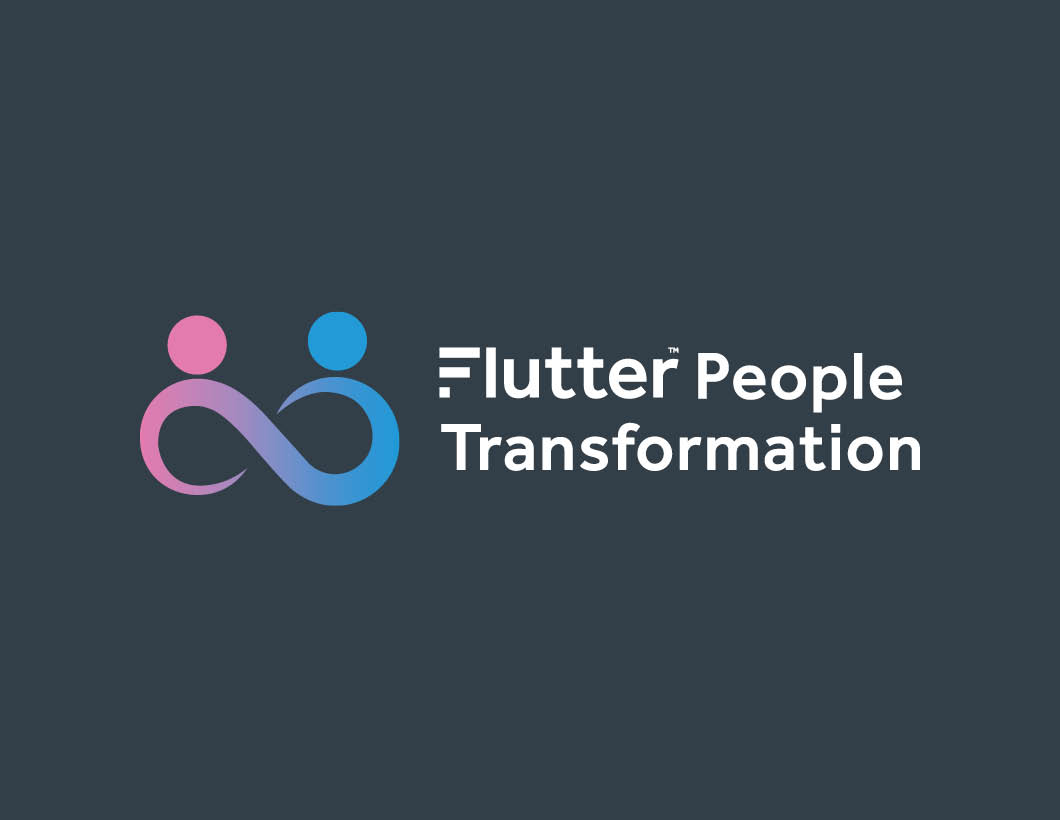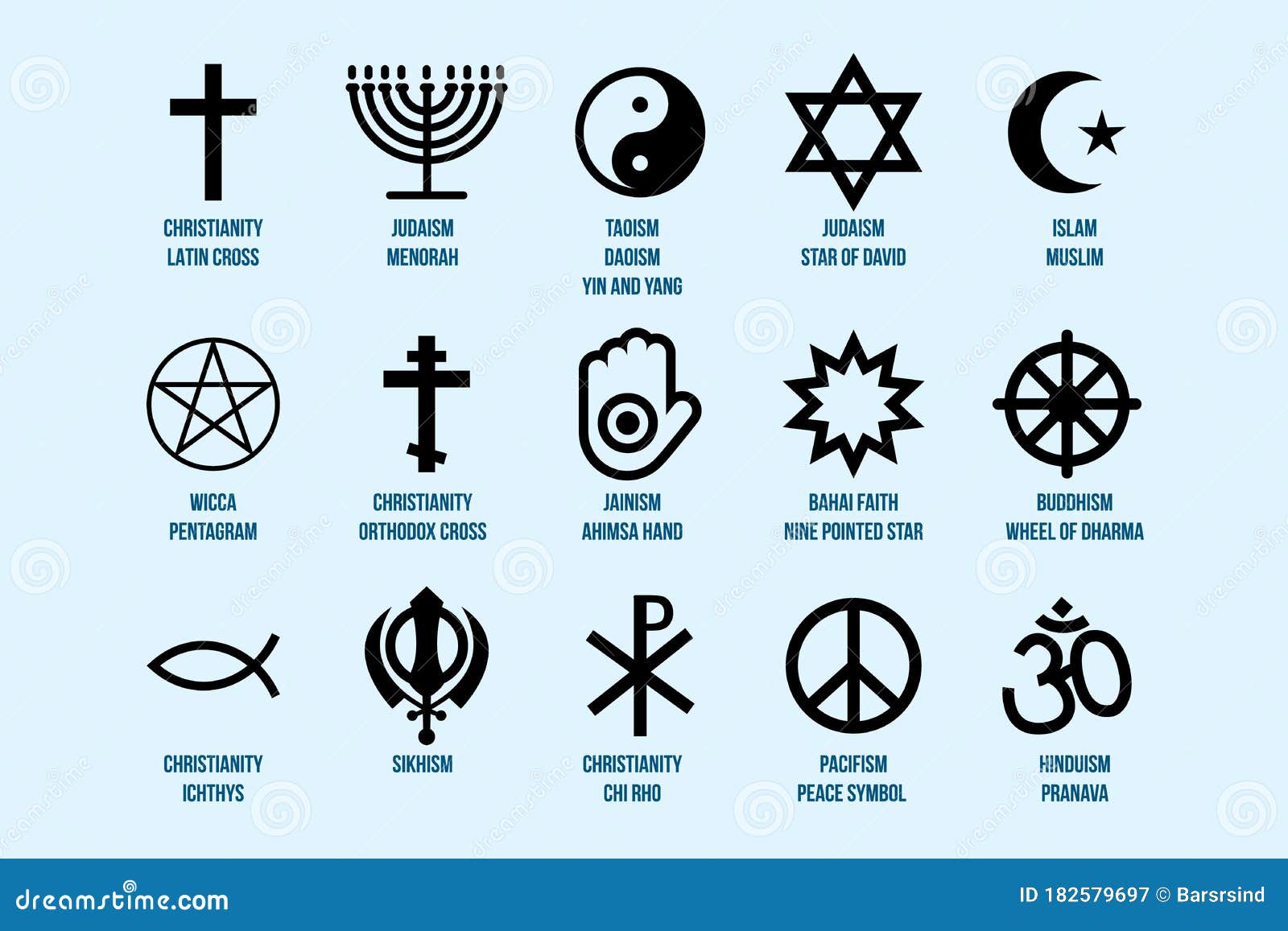Essential Services Most Community Health Centers Provide and How to Access Them
Understanding Community Health Centers: Their Mission and Role
Community health centers (CHCs), also known as Federally Qualified Health Centers (FQHCs), play a vital role in the American healthcare system by delivering affordable, accessible, and high-quality care to individuals and families, especially those in underserved communities. These non-profit clinics are strategically located in areas where access to healthcare is limited, targeting low-income individuals, the uninsured or underinsured, and those facing barriers to care due to geography, language, or other social factors [2] .
Primary Healthcare Services: The Core Offering
The most widely provided service at community health centers is primary healthcare . This includes routine check-ups, preventive care, management of chronic illnesses like diabetes and hypertension, immunizations, physical exams, and treatment for common illnesses and injuries. The focus on prevention and early intervention helps improve health outcomes and reduce healthcare disparities in the community [1] , [3] .
For example, a parent may bring their child for annual well-child visits, where growth and development are monitored, vaccinations are administered, and any potential health concerns are addressed early. Adults can receive screenings for high blood pressure, cholesterol, and other risk factors, enabling early management of chronic diseases.
How to Access: Most CHCs accept patients regardless of their ability to pay. You can find a nearby center by searching for “community health center near me” or visiting your state or local health department’s website. Walk-ins are often accepted, but calling ahead to schedule an appointment is recommended.
Comprehensive Dental and Vision Care
Many community health centers now provide general dental care , including teeth cleaning, fillings, extractions, and oral health education. Maintaining dental health is crucial for overall well-being, especially in children and seniors. Vision care, including eye exams and referrals for glasses, is increasingly integrated into CHC services [2] , [1] .
For instance, a school-aged child may receive a dental check-up and cleaning during a routine visit, or an older adult could get their vision screened and receive a prescription for corrective lenses. In many cases, these services are provided on a sliding fee scale based on income.
How to Access: Ask your local CHC if they offer dental and vision services. Some clinics provide these services on specific days or partner with mobile units and local providers. If not available on-site, staff can refer you to trusted providers in the community.
Behavioral Health and Substance Abuse Services
Recognizing that mental health is as important as physical health, many CHCs have integrated behavioral health services into their care models. This includes counseling, therapy, substance abuse treatment, and support for mental health conditions such as depression, anxiety, or trauma [2] , [1] .
For example, an adult struggling with stress or substance use can schedule an appointment with a licensed therapist at the center. Teens may find support for anxiety or depression through group counseling sessions. During the COVID-19 pandemic, many centers expanded telehealth offerings to ensure continued access to behavioral health support.
How to Access: Contact your CHC and ask about available mental health and substance abuse services. Some centers provide these services directly, while others connect patients to local specialists or telehealth resources.
Women’s Health, Reproductive, and Family Planning Services
Community health centers are often a primary source of gynecological care, prenatal and perinatal services, and family planning for women of all ages. Services may include Pap smears, breast exams, pregnancy testing, prenatal check-ups, birth control counseling, and referrals for specialized care [1] .
For example, a pregnant woman without insurance may receive regular prenatal check-ups, ultrasounds, nutritional counseling, and support throughout her pregnancy at her local health center. Teens and young adults can access confidential family planning services and education.
How to Access: Call your local CHC and ask about women’s health services. Many centers offer flexible appointment times and language assistance. If specialized care is needed, staff can refer you to appropriate providers within the health system.
Pharmacy Services and Prescription Assistance
Access to affordable medications is essential for managing chronic conditions and acute illnesses. Many CHCs have on-site pharmacies or partnerships with local pharmacies, allowing patients to fill prescriptions conveniently and often at reduced cost. For those who qualify, prescription assistance programs help further lower medication expenses [2] , [3] .

Source: alamy.com
As an example, a patient diagnosed with high blood pressure can have their prescription filled at the center’s pharmacy during the same visit, reducing barriers to starting treatment promptly.
How to Access: Ask staff if your CHC offers on-site pharmacy services or can help you find affordable options nearby. Bring a list of current medications and discuss any cost concerns with your provider, as generic alternatives or discount programs may be available.
Preventive Screenings and Health Promotion
Preventive care is a cornerstone of CHC services. Centers offer screenings for chronic diseases (like diabetes and cancer), vaccinations, blood pressure checks, cholesterol testing, and health education programs. The goal is to detect health issues early and promote healthy habits in the community [1] , [3] .
Community outreach may include health fairs, school-based programs, and partnerships with local organizations to reach vulnerable populations. For example, centers have played a major role in COVID-19 testing and vaccination campaigns, as well as ongoing efforts to address maternal mortality and the opioid crisis.
How to Access: Review your CHC’s calendar or call to ask about upcoming screening days or health education events. Many programs are open to the public and do not require an appointment or insurance.
Specialty Referrals and Care Coordination
While CHCs provide a wide range of basic healthcare services, they also help patients access specialized care when needed. This may include referrals to cardiologists, endocrinologists, orthopedists, or other specialists. CHCs coordinate care to ensure patients receive appropriate follow-up and support, which is especially important for those with complex medical needs [2] , [4] .
For instance, a patient with abnormal screening results may be referred for further testing or specialty treatment at a partner facility. Care coordinators assist with scheduling, transportation, and navigating insurance or financial assistance programs.
How to Access: If your provider determines you need specialized care, they will arrange a referral and help you understand next steps. Ask about any support services, such as translation, transportation, or financial counseling, that may be available.

Source: alamy.com
School-Based and Telehealth Services
Some CHCs operate school-based health centers (SBHCs) or offer telehealth services to reduce barriers for students and families. SBHCs provide primary care, behavioral health, dental, and vision services directly on school campuses or via telehealth platforms. This convenient access can be especially helpful for children with chronic conditions or those facing transportation challenges [5] .
For example, a student may receive a physical exam or counseling session during the school day, without parents needing to take time off work.
How to Access: Ask your child’s school if a health center is available on campus. For telehealth, inquire with your local CHC about remote appointment options and technology requirements.
Steps to Access Services at a Community Health Center
1. Locate Your Nearest CHC: Search online for “community health center near me” or check your state or local health department’s website for a list of clinics. 2. Check Services Offered: Visit the CHC’s website or call to confirm which services are available, as offerings vary by center. 3. Schedule an Appointment: While many CHCs accept walk-ins, scheduling an appointment ensures timely care and allows you to discuss your needs with staff in advance. 4. Prepare Documentation: Bring identification, proof of income (if applying for sliding scale fees), and insurance information if available. CHCs serve patients regardless of insurance status. 5. Ask About Assistance: If you need help with language, transportation, or payment, ask about support services offered by the clinic.
Overcoming Common Challenges
While CHCs strive to be accessible, some challenges may arise, such as long wait times, limited hours, or unavailable services. If your needs are not met at one center, ask staff for referrals to partner organizations or clinics. Many CHCs collaborate with hospitals, specialists, and social service agencies to address broader health and social needs.
If you are uninsured or worried about cost, CHCs offer a sliding fee scale based on income and family size. Financial counselors can help you understand your options and apply for public insurance programs if eligible.
Key Takeaways
Community health centers are a cornerstone of preventive, primary, and integrated care for millions of Americans. The most common service provided is primary healthcare, but dental, behavioral health, women’s health, pharmacy, preventive screenings, and specialty referrals are also widely available [2] , [1] . To access these services, locate your nearest CHC, inquire about available offerings, and ask about support for payment, transportation, or language needs. Community health centers are committed to meeting people where they are, improving health outcomes, and reducing disparities for all.
References
- [1] Youngstown State University (2024). The Importance of Community Health Centers.
- [2] HSA Care (2024). The Importance and Role of Community Health Centers.
- [3] Community Access Network (2023). Health Centers vs. Hospitals: What Services Do Community Health Centers Provide?
- [4] Riverside University Health System. Community Health Centers.
- [5] Rural Health Information Hub (2024). Federally Qualified Health Centers (FQHCs) and the Health Center Program.
MORE FROM cheerdeal.com













